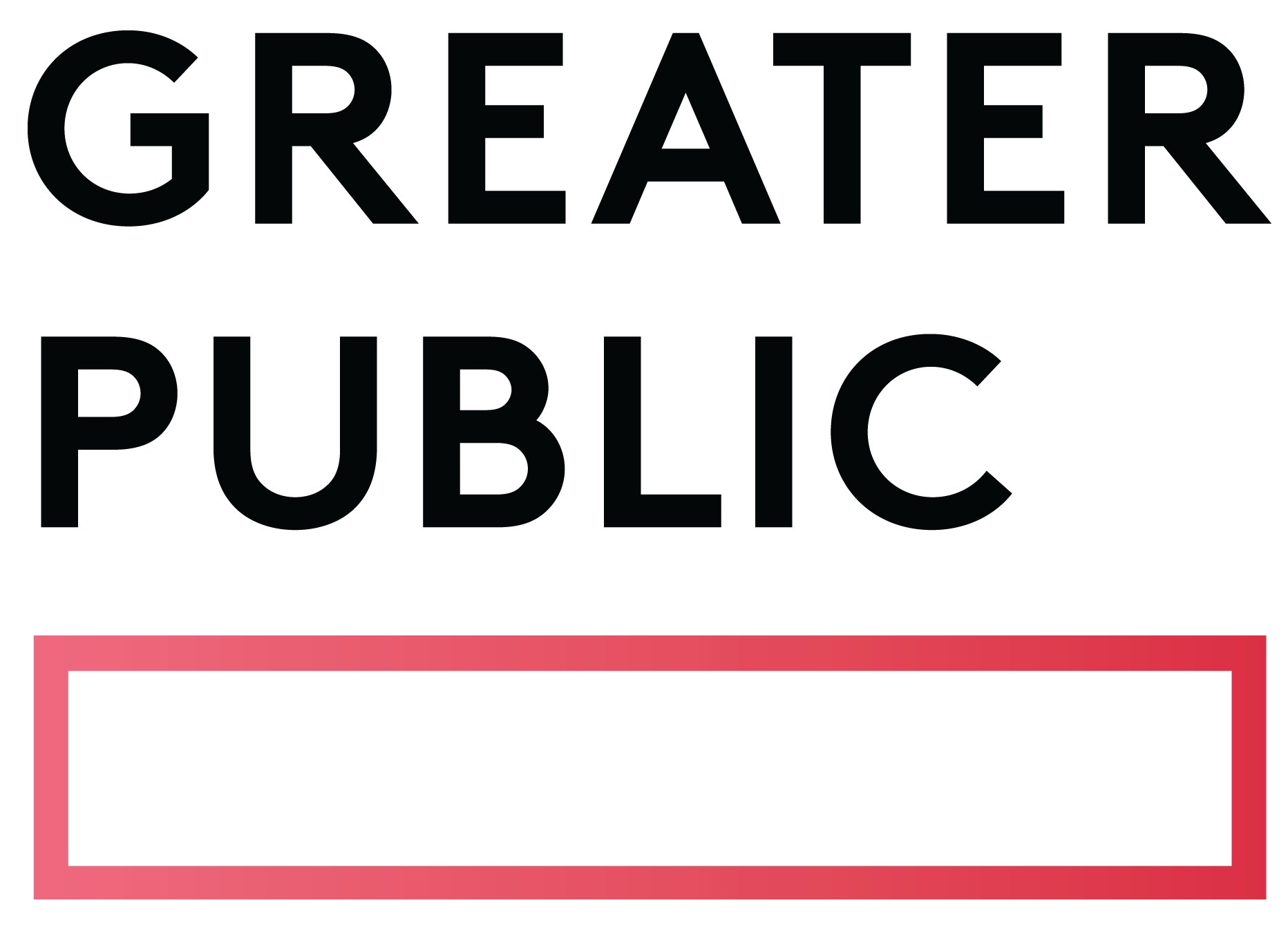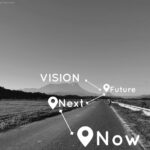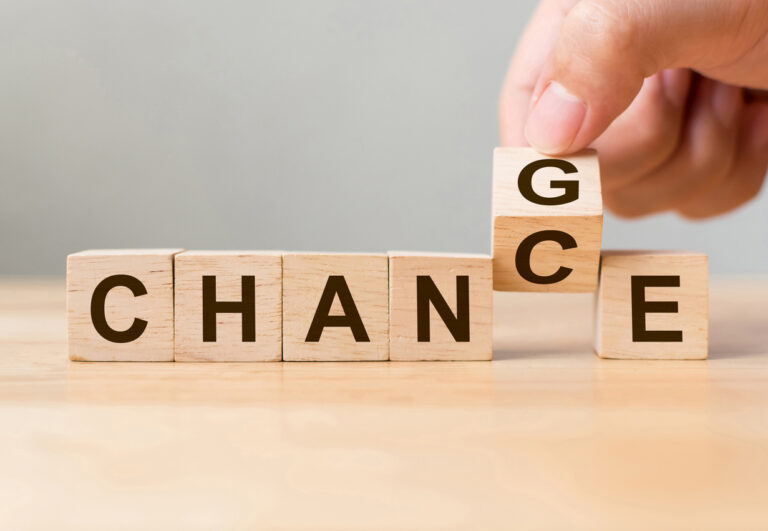Related Articles
Hope Isn’t a Strategy — but Strategy Can Be Hopeful
June 17, 2025 by A. Rima Dael
Grind. Hustle. Flow: Public Media’s Quiet Revolution
February 11, 2025 by Michelle Petties
Subscribe to the Greater Public newsletter to stay updated.
This site is protected by reCAPTCHA and the Google Privacy Policy and Terms of Service apply.









